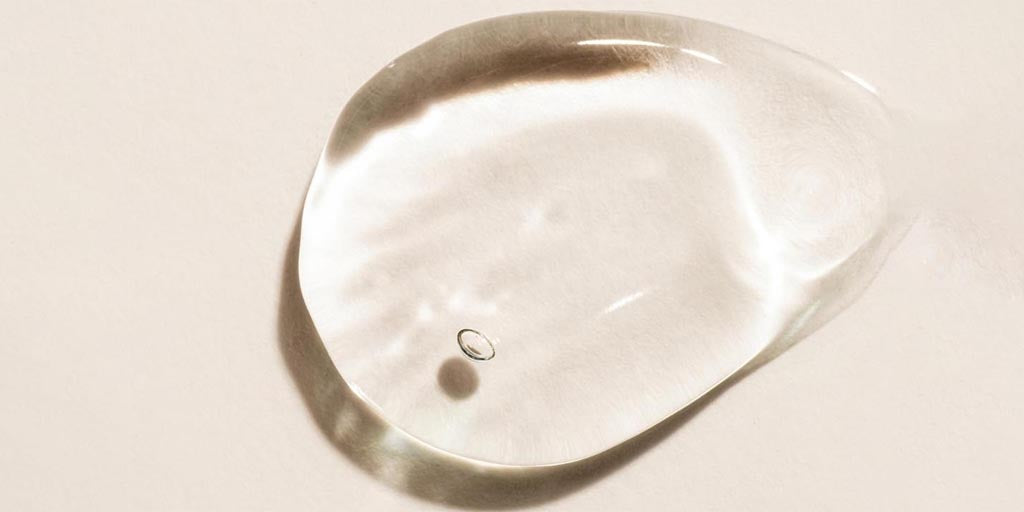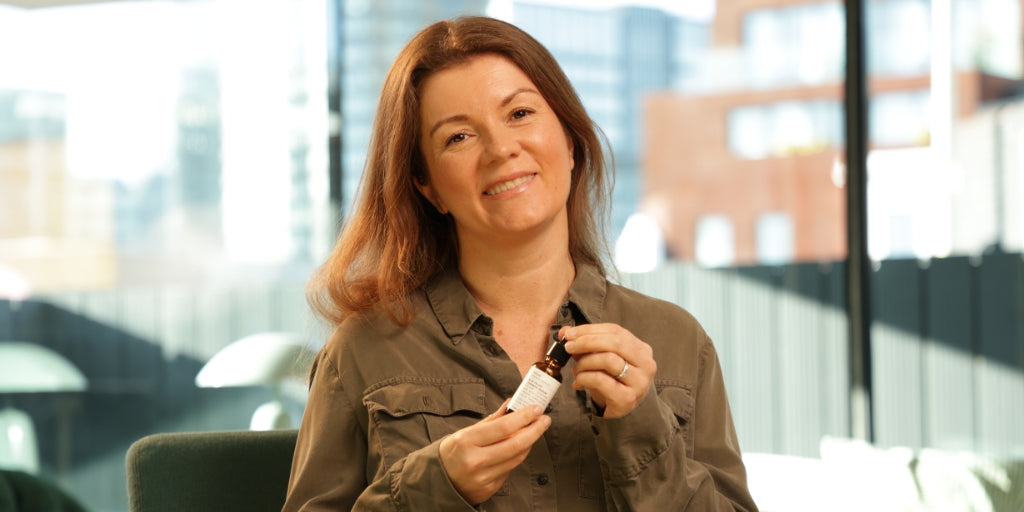With life returning back to normal it is important to boost our immunity to protect both ourselves and those around us.
One of the easiest and cheapest ways to do so is by looking after your vitamin D levels. Studies have found that vitamin D plays a key role in boosting the immune system as it is part of the process that 'primes' T cells to help fight infections.
It is important to know your serum vitamin D levels so you know if you are deficient or not. Research has shown that those with a vitamin D level of between 20 ng/mL (50 nmol/L) and 30 ng/mL (75 nmol/L) had a higher risk of becoming ill from viruses, colds and infections than those with a level above 30 ng/mL. You can use a health tracking service like https://thriva.co/, to understand what is really going on inside of your body and ensure that your vitamin D levels are healthy.
It has also become apparent that 40% of us are deficient in vitamin D (a level below 12 ng/mL), which could be linked to our fear of skin cancer. Whenever we are exposed to the sun we tend to slather ourselves in SPF in order to protect ourselves, but although SPF is really important and does protect us from skin cancer and other forms of damage, it can also cut vitamin D production by 95-98%.
Some dermatologists believe that, as long as you don’t have complications with usual sun exposure, you can sunbathe without sunscreen up to 20 minutes each day. If you have fair skin or you burn easily, it may be best to stick to 5 to 10 minutes. It seems the safest to get exposure in the morning or late afternoon when the sun isn't as strong. And as we get older we need more and more sun exposure because our conversion rates slow. So a 20 year old might only need 10 minutes a day but a 60-80 year old might need up to an hour.

Making sure you are getting enough sunlight is also really important as sunlight also triggers the release of a number of other important compounds in the body, such as nitric oxide, serotonin and endorphins.
In the UK we don't make any vitamin D between October and March as the sun doesn't get high enough in the sky, so it is a good idea to look at some other ways we can get it! Mushrooms are the only completely plant-based source of vitamin D so are great to include in your diet, or some fortified foods such as tofu and soy or almond milk contain added vitamin D. If you choose to add a supplement, look for a D3 supplement which is easy for the body to absorb.
If you want to keep an eye on your vitamin D levels and help to boost your immune system then you can download an app called 'D Minder', which tracks vitamin D exposure. It knows your location so it can figure out approximate UV values and you tell it how much bare skin is exposed. It then times your sun exposure and calculates how much vitamin D you are making which is really useful!





